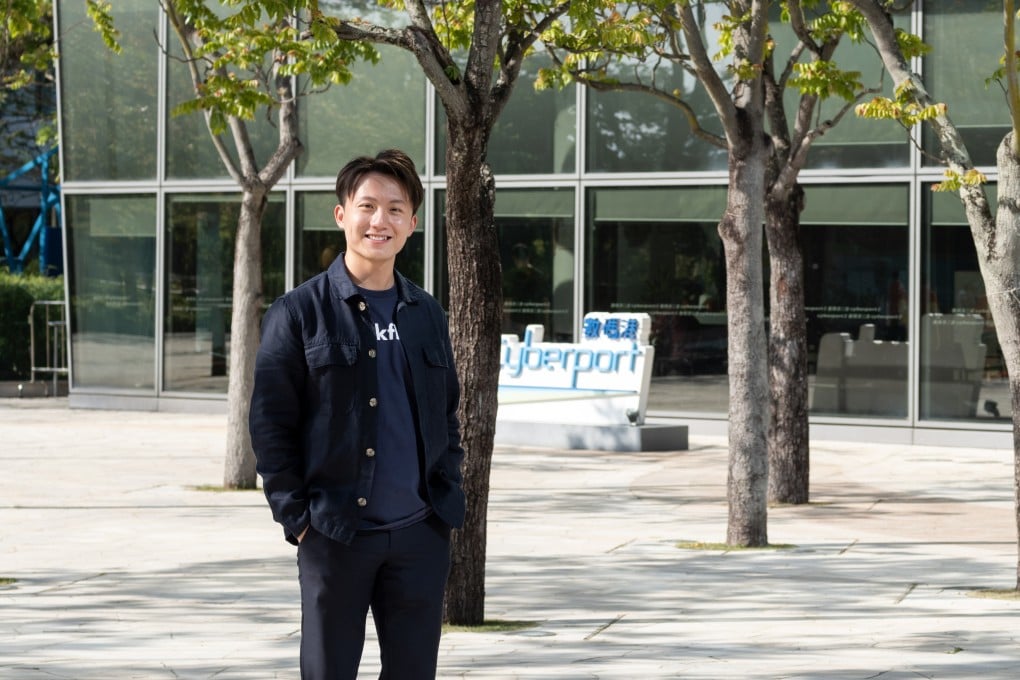Tiger Global-backed Hong Kong start-up SleekFlow targets US$300 million valuation as social e-commerce grows
- The firm offers a platform that lets merchants integrate messages, orders and transactions coming from a range of social media platforms
- SleekFlow last month raised US$8 million in a series A funding round from investors led by Tiger Global Management

Tiger Global-backed Hong Kong start-up SleekFlow, whose software helps retailers manage chats and orders coming from social media platforms, is targeting a valuation of up to US$300 million in its next round of financing, as it sees strong growth in an expanding social e-commerce market.
SleekFlow’s revenue grew eight times last year compared to the previous year, and is on track to grow at least four times this year “even during a recession”, 27-year-old founder and CEO Henson Tsai told the Post in an interview.
The company offers a platform that lets merchants integrate messages, orders and transactions coming from a range of social media platforms including WhatsApp, Instagram, TikTok and WeChat. It makes money from both charging the merchants subscription fees and taking a cut from transactions done through its platform.
With more than 5,000 customers including big enterprises and individual merchants, the company projects that in the next 12 months, it can help them process US$100 million in gross merchandise value, according to Tsai.
SleekFlow last month raised US$8 million in a series A funding round from investors led by Tiger Global Management, with its valuation undisclosed. Its growth could now justify a valuation of around US$200 million to US$300 million in the next round, Tsai told the Post. But despite receiving a lot of investor inquiries, the company wants to “stay focused” for at least the next six months, he said.
Tsai, a graduate of Imperial College London, first worked in investment banking after he returned to Hong Kong in 2016. He then founded a food takeaway start-up, but it did not survive a crowded Hong Kong market, especially without enough capital to expand, Tsai said.